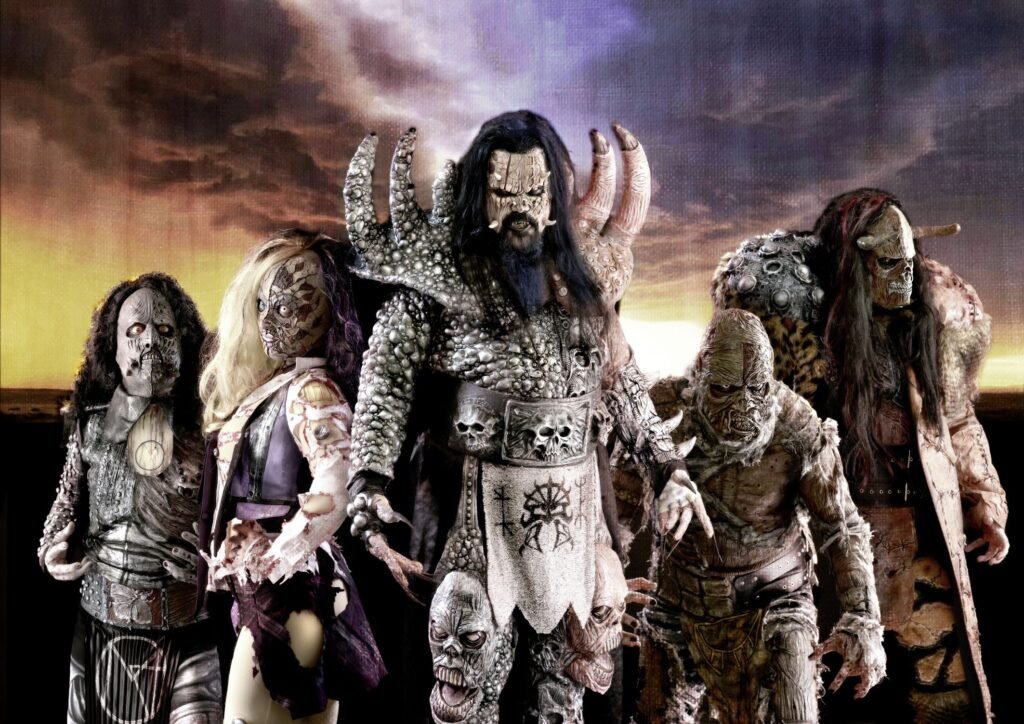
The Eurovision Song Contest first took place in 1956, with seven countries participating. Since then, it has become a Guinness World Record as the longest-running annual international televised music competition – and a total of 52 nations have participated in at least one Eurovision.
2022 marks the 66th edition of the continental contest, and despite the semi-finals not yet taking place – with the big five of every year, the only confirmed acts at this stage – Ukraine are the favourites, according to the Eurovision 2022 betting odds.
And over the years, we’ve seen plenty of controversial contenders, dodgy dress sense, political problems and weird winners. It’s the latter we’ll be focusing on here, as we delve through the archives – read on to find out who made the cut.
1.Ukraine (2004)
We start with this year’s favourites, and while Ruslana finished second in the semi-finals, and won the 2004 Eurovision Song Contest with her song “Wild Dances” – 23 points ahead of Serbia and Montenegro – it doesn’t stop it from being a contentious choice.
The performance saw Ruslana and her group of backing dancers take to the stage in leather outfits, complete with fur jackets, with the dancers playing trembitas (Ukrainian alpine horns) – and it’s said the outfits and performance were both inspired by traditional music. There were a lot of ‘hey’s, but not too much else.
2. Israel (2018)
From the traditional to the strange now, and 2018’s winner Netta shared her clear love for Japan with the rest of Europe, with her dance-pop tune “Toy”. She finished with 529 points – 59 points clear of Cyprus’ Elena Foureira.
It was a song that divided opinion and not all the lyrics were completely comprehensible, with Netta making chicken noises throughout. The Israeli act was also accused of cultural appropriation, having taken to the stage in kimono with space buns in her hair, as well as the selection of golden waving cats that were part of the backdrop. Then it is Eurovision – and often the weirder, the better!
3. Azerbaijan (2011)
The duo of Ell & Nikki were “Running Scared” in 2011, and the competition shouldn’t have been running scared of them when you look back at their performance. The Azerbaijan entry came second in their respective semi-final, before winning Eurovision, 32 points clear of Italy.
Ell & Nikki had performed separately when auditioning as part of the Azerbaijan national selection – and perhaps that explains the lack of chemistry. Nikki was nine years Ell’s senior – and the vocals were among the worst of any Eurovision winner in history.
- Finland (2006)
From a boring ballad to a “Hard Rock Hallelujah” now, as Finland won the 2006 Eurovision Song Contest, after 40 failed attempts and eight last-place finishes. Lordi were victorious with the slightly less conventional song – complete with monster costumes, prosthetics and pyrotechnics.
The points tally of 292 was a record-highest at the time, and it was the first heavy rock song to win the contest. Perhaps controversial in the sense it’s not a traditional Eurovision song, but Lordi won’t mind – they were greeted by 80,000 fans on their return to Helsinki!
- Portugal (2017)
An unlikely winner in 2017, Salvador Sobral stormed to victory, landing Portugal their first (and only) Eurovision Song Contest win. Sobral scored 758 points, which remains the highest tally in Eurovision history. However, his victory wasn’t without its controversies.
In his acceptance speech, Sobral said:
“We live in a world of disposable music, fast food music without any content. (…) Music is not fireworks. Music is feeling, so let’s try to change this and bring music back.”
He later went on to make remarks about future entries, and in particular, slated another entry on our list – Israel’s Netta. A leopard never changes its spots.



